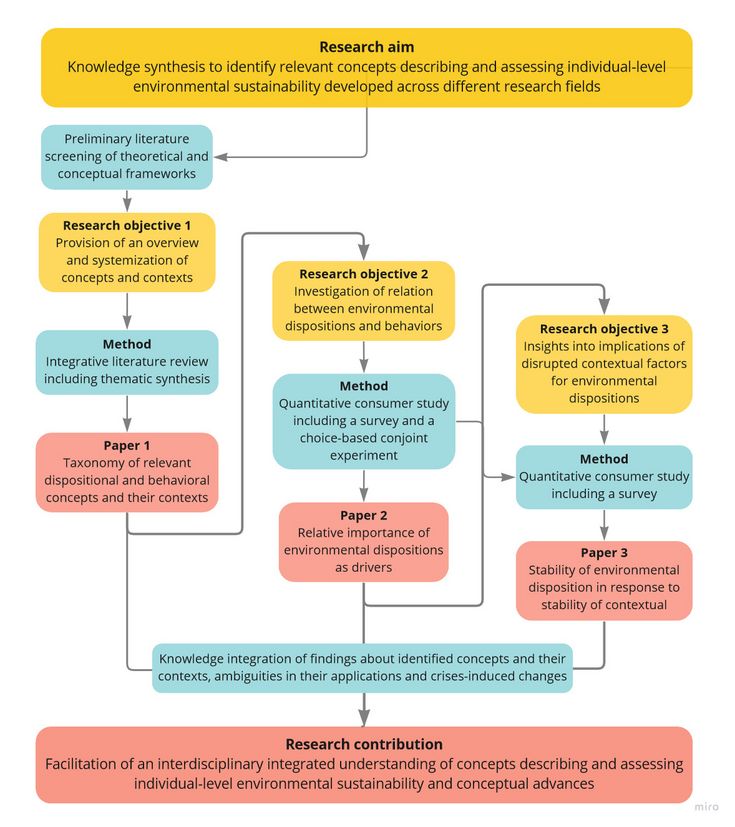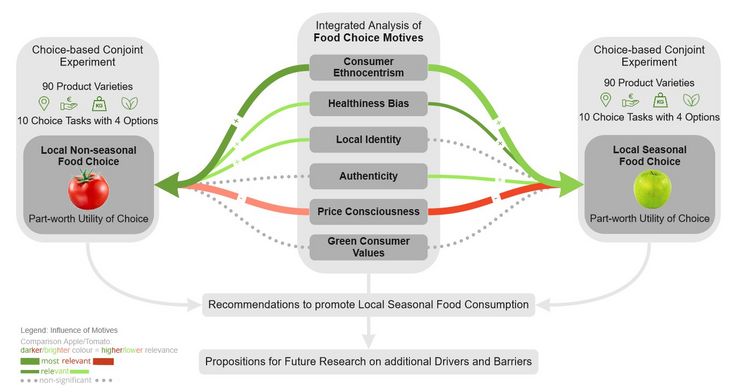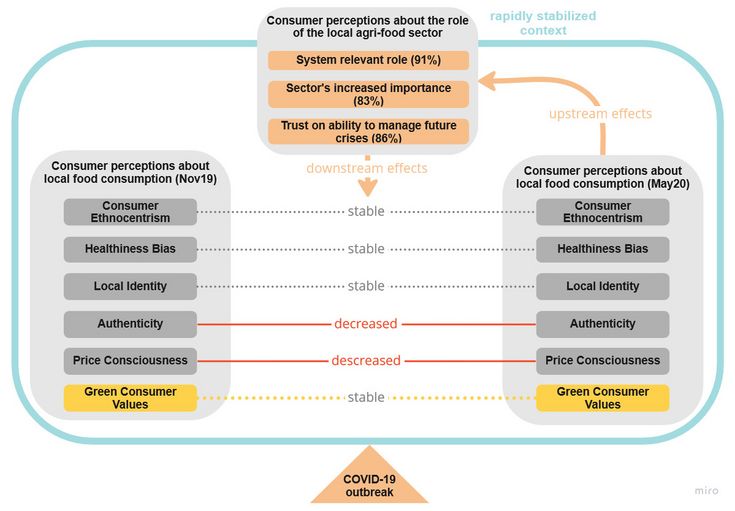Individual-level Environmental Sustainability – Integrating Perspectives and Concepts across Research Fields
SUPERVISOR: Petra RIEFLER
PROJECT ASSIGNED TO: Laura Maria WALLNÖFER
Research background
Sustainable development is a common effort, in which patterns of production and consumption must align towards an equilibrium of economic, societal, and environmental sustainability to ensure equal opportunities of life quality to current and future generations. Our current lifestyles are embedded in a fossil-fuel dependent socio-economic system and shaped by an overconsumption of natural resources. The demand from private households assumes between 50% to 80% of the world wide land use, material and water consumptions and thereby makes up for 60% of the consumption based GHG emissions (Hertwich et al., 2015). Consequentially, behavior-driven approaches on the consumption side must complement technology-driven approaches on the production side. In this light, the United Nations’ Agenda 2030 provides a guideline to work towards sustainable production and consumption with SDG 12.
Research problem and research aim
Individuals thus play a crucial role as change agents in sustainability transitions required in response to increasingly complex environmental challenges. To improve the understanding of this role, researchers within different disciplines have developed various concepts to describe and assess individual-level environmental sustainability. Given the range of perspectives across research fields, a comprehensive overview of the generated knowledge becomes increasingly challenging. This dissertation, therefore, aims to synthesize the knowledge on relevant concepts and thereby facilitate conceptual advances and the accumulation of domain knowledge on individual-level environmental sustainability.
Research process
In conducting an integrative literature review and thematic synthesis, a taxonomy was developed that systemizes the conceptualizations along two dimensions and thereby provides an overview of how concepts relate to each other and environmental contexts. To empirically investigate the relationship between identified behaviors and their dispositional drivers, a qualitative consumer survey with an embedded choice-based-conjoint experiment was conducted in the local food consumption context. The joint analysis of five potential dispositional drivers and one barrier to local, seasonal, and non-seasonal food revealed that dispositions related to economic rather than environmental sustainability determine the choice. It further showed a trade-off between relevant drivers and price consciousness as a barrier. In a follow-up study conducted after the outbreak of the COVID-19 pandemic, the sensitivity of the assessed dispositions to the disruption in contextual factors was analyzed. These disruptions were captured by assessing consumer perceptions of the local agri-food system in times of crisis. In the face of the rapidly stabilized contextual factors, there were no changes in the before-and-after measures of the analyzed dispositions.

Figure 1 Research process Dissertation Laura Wallnöfer
Research contribution
As a result of the research process, this dissertation generates insights on a variety of concepts describing and assessing individual level environmental sustainability, their contexts, ambiguities in their applications, and their sensitivity to disruptions of global nature. In integrating previously fragmented knowledge about relevant concepts and revealing the range of perspectives taken across research fields, this dissertation contributes to an interdisciplinary, integrated understanding of behavioral determinants and target actions to advance sustainability transitions. In this vein, the thesis finally discusses relevant limitations and potentials of integrative, interdisciplinary research to encourage future research in unifying the domain knowledge on concepts of individual-level environmental sustainability and thereby provide a well-funded basis for behavioral interventions.

Figure 2 Taxonomy of concepts describing and assessing individual-level environmental sustainability

Figure 3 Motives driving and limiting the consumption of local seasonal and local non-seasonal food

Figure 4 Sensitivity of motives driving local seasonal and non-seasonal food choices to the outbreak of the COVID-19 Pandemic
